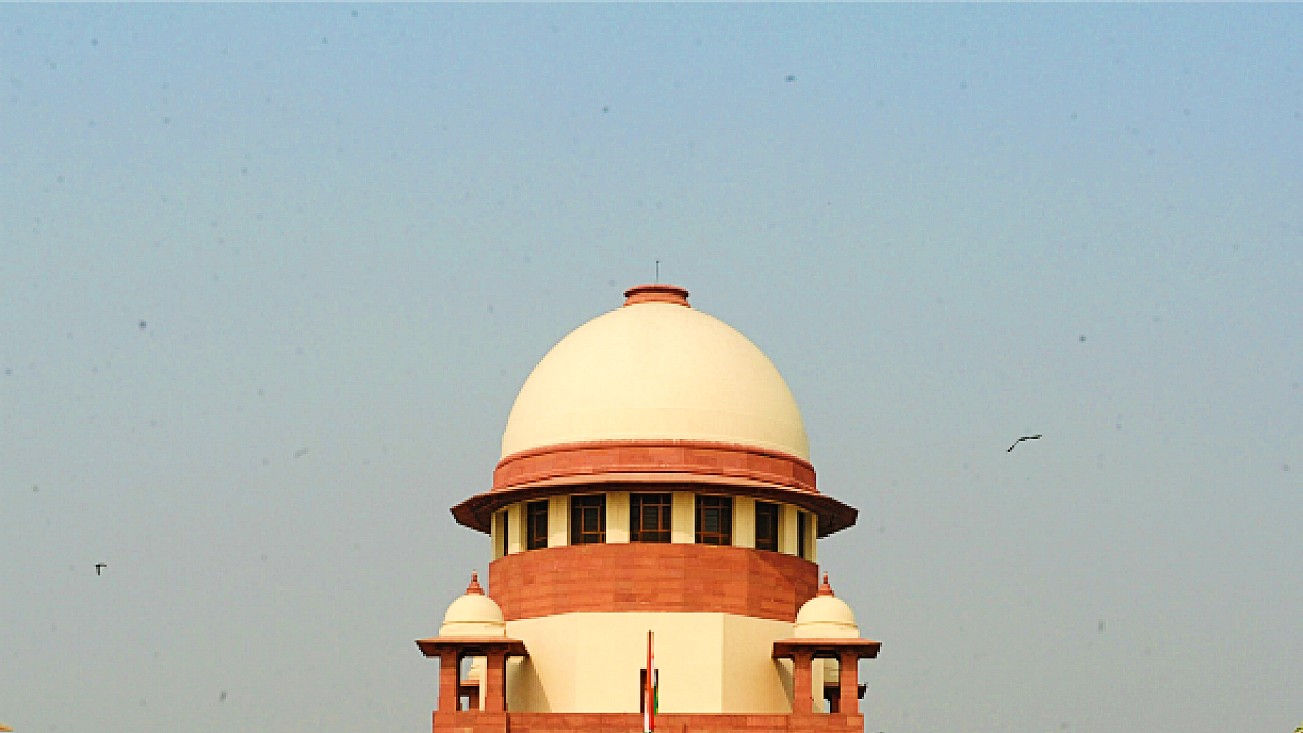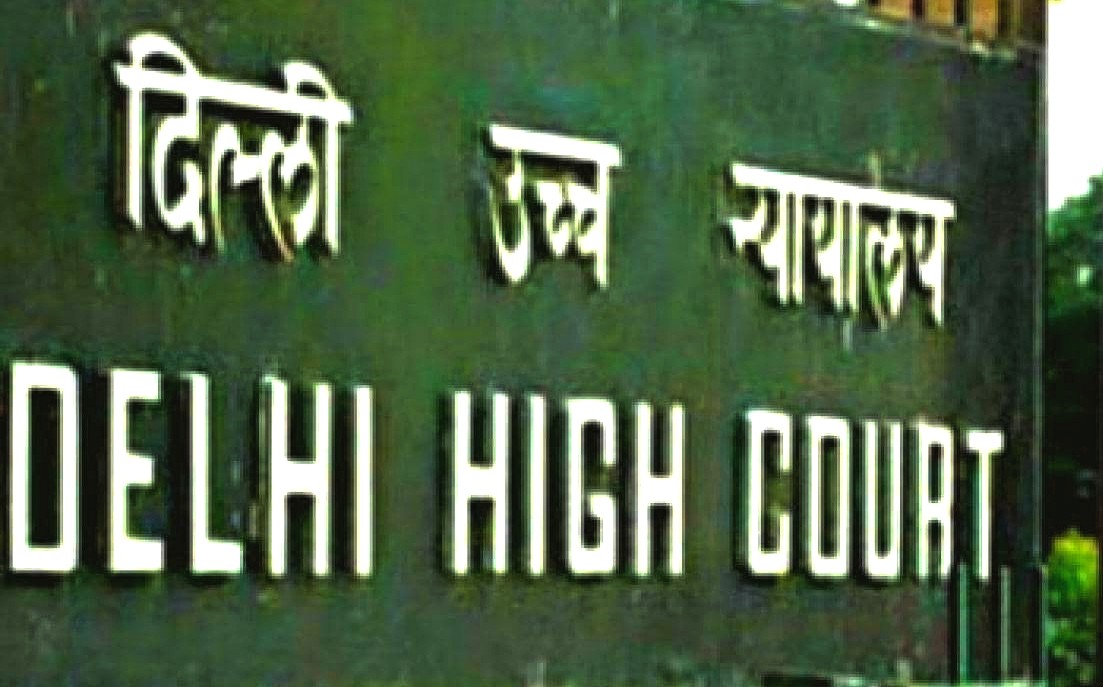In A.P No.80 of 2020–CAL HC- Consensus ad-idem of parties to submit their dispute to arbitration is essential requirement for enforceable arbitration agreement: Calcutta HC Justice Shekhar B. Saraf [28-07-2022]

Read Order: SMT. MANIKA SETT Vs. SETT IRON FOUNDRY AND ORS
LE Correspondent
Kolkata, July 29, 2022: In a case pertaining to the Arbitration and Conciliation Act, 1996, the Calcutta High Court has referred to the judgment of the Top Court in Jagdish Chander v. Ramesh Chander and reiterated that the consent by the parties to arbitrate must be unequivocal and unambiguous.
Further, the Bench of Justice Shekhar B. Saraf also placed reliance on the judgments of the Top Court in Rickmers Verwaltung vs. IOCL and Shakti Bhog Foods Ltd vs. Kola Shipping Ltd., wherein it has stressed that the Courts have consistently striven to understand the true intention of the parties and whether there existed consensus ad idem.
In this case, the first respondent is an unregistered partnership firm and the petitioner is one of the partners of the said partnership firm. The petitioner alleged to have been kept in dark regarding the business run in the name of the partnership firm. The petitioner further alleged that she was denied access to the books as well as the annual Balance Sheet and Profit & Loss Account of the said business. Thereafter, the petitioner issued an arbitration notice under Section 21of the Arbitration & Conciliation Act, 1996 seeking to settle the disputes between the parties by way of arbitration in terms of Clause 18 of the Partnership Deed and thereby appointed a Sole Arbitrator for adjudication of such disputes.
The respondents failed to either accept the nomination of the Sole Arbitrator, or to suggest any other person to act as an Arbitrator and also issued a reply denying the existence of any dispute and negating the request of the petitioner to refer the alleged dispute to arbitration by saying that the said Clause in the partnership deed was been erroneously interpreted by the petitioner to mean arbitration under the said Act.. This application sought the intervention of the Court to appoint an arbitrator for adjudication of disputes between the parties.
At the outset, the Bench asserted, “One of the requirements for an enforceable arbitration agreement under Arbitration and Conciliation Act, 1996 is ‘Consensus ad-idem of parties to submit their existing or a future dispute to arbitration’.
Pointing towards the Arbitration Clause in the said Agreement, the Bench opined that the clause ‘although every effort should be made to settle the dispute by arbitration’ should be given literal interpretation wherein the intent of the parties obligates them to undertake every effort to settle the dispute by arbitration before approaching the appropriate court for remedy.. The second phrase in the clause clearly and unambiguously conveyed the intention of the parties to settle their dispute by way of arbitration, noticed the Bench.
Thus, in light of the principles and the tests of prima facie examination laid down in the Apex Court’s judgment in Vidya Drolia vs. Durga Trading Corporation, the Bench held that a valid arbitration agreement existed between the parties. Saying that the petitioner had rightly invoked the arbitration clause, the Bench appointed a sole Arbitrator.
Sign up for our weekly newsletter to stay up to date on our product, events featured blog, special offer and all of the exciting things that take place here at Legitquest.




Add a Comment